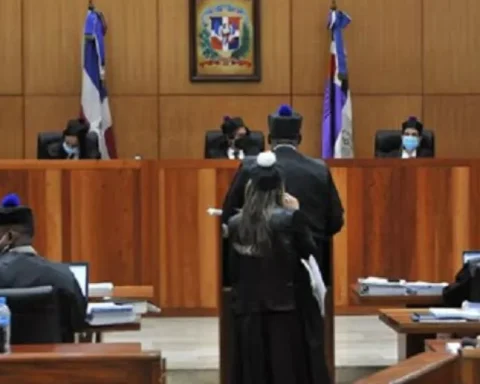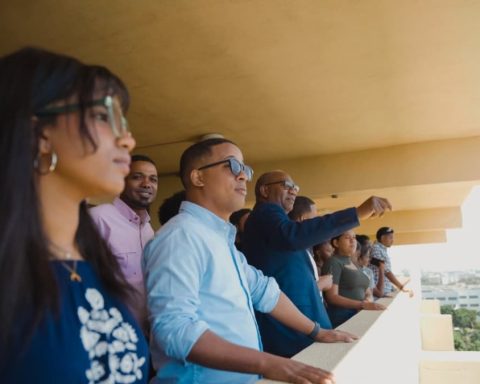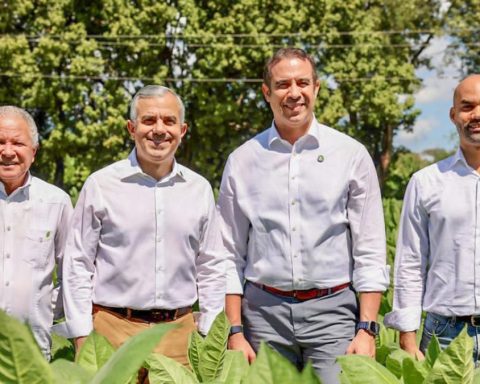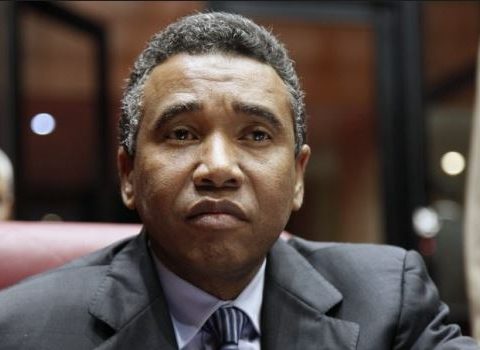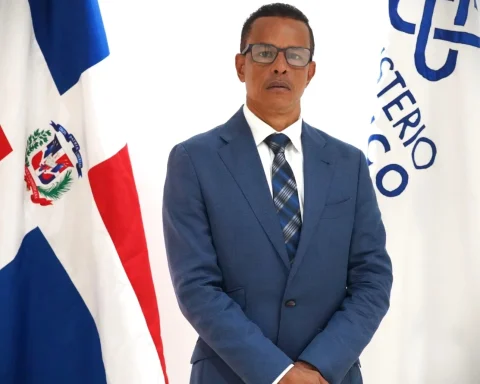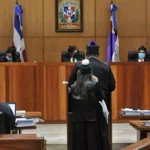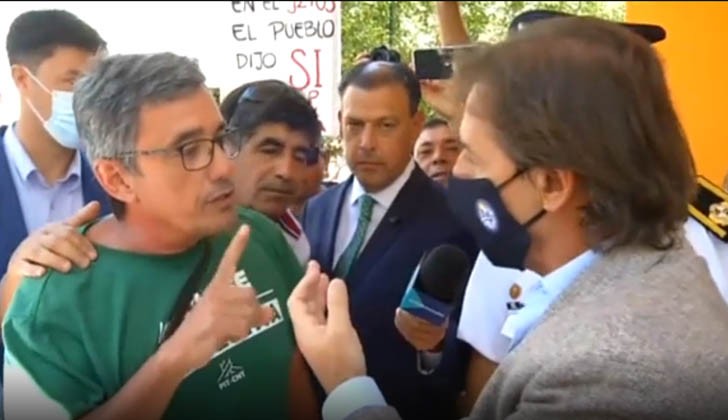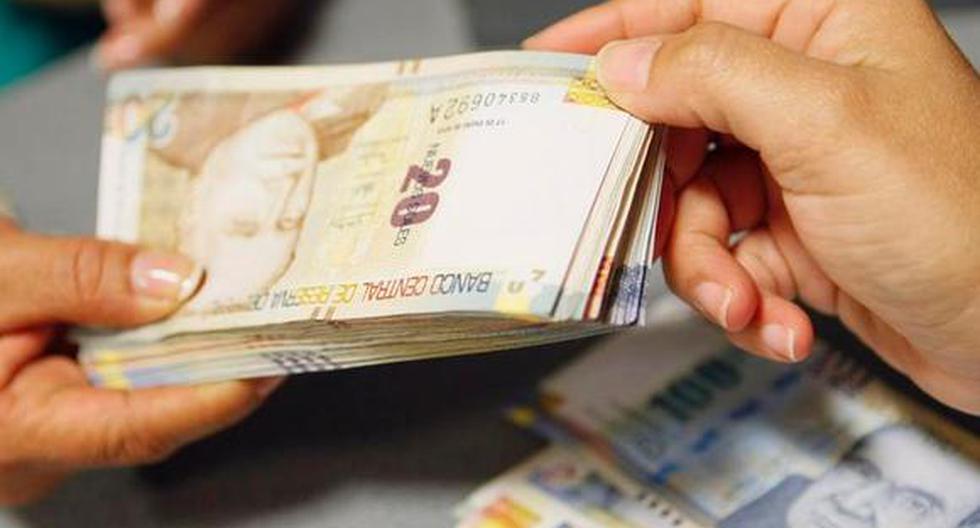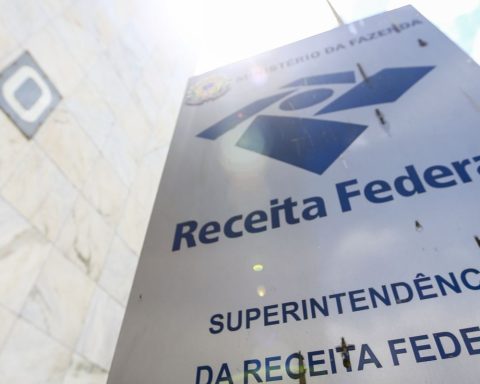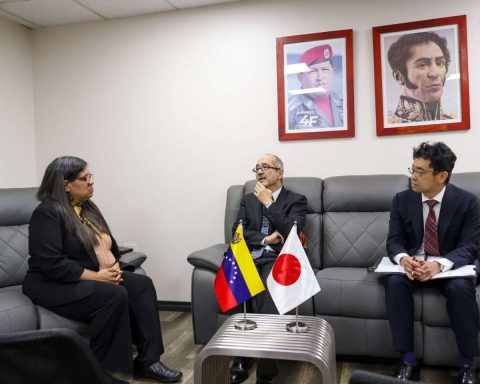The contentious issue of the distribution of the economic contribution of the State to the political parties has not found consensus within the framework of the discussions for the modification of the electoral laws that are developed in the Economic and Social Council (CES).
The Central Electoral Board (JCE) proposes to distribute 30% equally among all parties and 70% based on the number of votes obtained in the last election at the presidential, senatorial, deputy and municipal levels.
This proposal has the support of the Modern Revolutionary Party (PRM), but is rejected by the People’s Force (FP) and the Dominican Liberation Party (PLD).
The PLD proposes that article 61 of Law 33/18 remain in force and the People’s Force recommends that 70% of the funds be distributed among organizations that achieve more than 5% and 30% among minority parties.
That organization proposes that any modification to the law that is made include a transitory article that clarifies that this decision will be applied from the 2024 elections to comply with the sentence of the Superior Administrative Court (TSA) that acquired the authority of the thing. irrevocably judged.
The issue has historically been controversial and the distribution criteria have varied since it was created in 1997.
Parties support quota 60/40
In the proposals to modify Law 33/18 on the gender quota, the majority parties support maintaining the current criterion of 60/40 as the maximum and minimum limit for both men and women.
In its proposal, the PRM establishes that it must be maintained as established in article 24 of Law 33/18. The FP points out that regarding the modifications proposed by the JCE, it is important to evaluate the context. “It is important to create equal conditions and work on gender equity policies. However, we must avoid imposing parameters that weaken the quality of the participation of women and youth in electoral processes”, he pointed out.
The PLD refers to several court rulings that indicate that the quota consists of guaranteeing participation and that making it mandatory would violate fundamental rights.
The party organizations also rejected the JCE’s proposal not to organize and manage the internal processes of the parties to choose the candidates for popular election positions. Regarding the reservations of candidates, the JCE proposes that it be at each electoral level. That change is rejected by the PRM, but supported by the FP and the PLD did not give an opinion on that point.
PLD wants 18 pre-campaign months and the JCE only 60 days
One of the issues that generates differences is the pre-election campaign period. The JCE proposes that it be only 60 days. The PLD suggests adding a paragraph that says the following: “The period to choose the presidential candidacy of the political parties will extend up to a maximum of 18 months before the date of the elections.” On this point the PRM did not issue an opinion.
The FP rejects the proposal to reduce the time of the pre-campaign and proposes that the law define three times in the electoral process.
Likewise, the PLD and the PRM support that a candidate who loses an internal contest cannot be registered by another party for the same position for the same electoral period. The FP rejects it.
JCE and PRM support lowering spending cap; PLD and FP, no
The JCE proposes lowering the spending cap for the pre-campaign and this proposal has the support of the PRM, but the PLD and the FP suggest that it remain as it currently is. The JCE’s proposal lowers the spending limit for candidates for the presidential candidacy from RD$70 to 17.50 for each election. For pre-candidates for congressional positions, he proposes reducing them from RD$60 to RD$15.00 for each voter, and from RD$50 to RD$12.50 for each voter, the cost of the pre-campaign for aspiring mayors and district directors. Likewise, the opposition parties reject the sanctions proposed by the JCE for violating the reports on expenses such as disabling candidacies, considering it a violation of fundamental rights. On another issue, the FP proposes the creation of primaries in coalition or alliance. “Coalition or alliance primaries are a method that allows two or more parties to make an electoral pact and thus carry out primaries in which each party presents one or several pre-candidates for each electoral level or they agree and they present a common pre-candidate within the pact. This would apply for one level of election, several levels or all.
